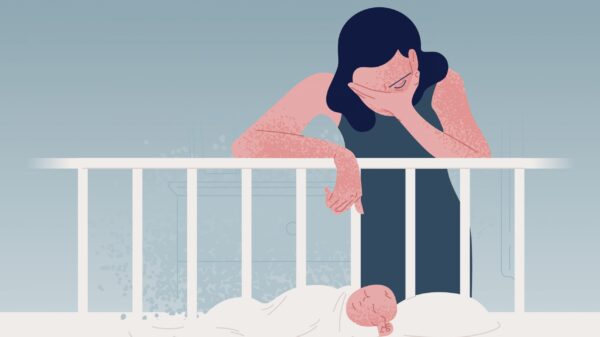To help Alabama workers recover from the COVID-19 pandemic, the state should prioritize Medicaid expansion, guaranteed paid sick leave, increased food and housing assistance and improvements to the state’s unemployment insurance system, according to a report released Monday by Alabama Arise, a group that advocates for low-income residents.
The report, The State of Working Alabama 2021, criticized the Alabama Legislature for moving quickly to pass bills to help employers instead of essential workers and other constituents rendered the most vulnerable by the virus. Those laws include one that protects businesses against claims of coronavirus exposure.
“Legislators spent the first two weeks of this session protecting the interests of corporations,” said Robyn Hyden, executive director of Alabama Arise. “They should spend the rest of the session protecting the interests of the people of Alabama.”
The report found that past policy decisions made the state ill-prepared to weather the pandemic, including cuts made in 2019, to unemployment benefits and Alabama’s resistance to expanding access to Medicaid. The state’s vulnerability to the crisis was felt most by women and communities of color, the report found. It attributed that to preexisting inequities which have been neglected or contributed to by lawmakers.
Alabama Arise listed key recommendations for a stronger workforce recovery:
- Expand Medicaid to ensure more than 300,000 Alabamians with low incomes can afford treatment for COVID-19 and other health problems.
- Guarantee permanent paid sick leave for all working Alabamians, so that no one has to choose between earning a paycheck and going to work sick.
- Roll back the 2019 cuts to Alabama’s unemployment insurance benefits and create a modernized claims system capable of handling future crises.
- Provide state support for the Alabama Housing Trust Fund and abandon efforts to impose limits on safety net programs.
- Expand high-speed, affordable broadband technology, targeting rural and low-income communities and explicitly addressing racial equity in broadband access.
“The economic, racial and gender inequities in Alabama are preventable and reversible,” said Jim Carnes, policy director for Alabama Arise, in a statement. “These disparities are the direct result of bad policy choices in the past. By making better choices now and in the future, we can chart a path toward a more equitable economy. The power to build a stronger, more inclusive Alabama is in the hands of our lawmakers — and all of us.”
The organization will co-host a webinar to discuss the report’s findings on Friday at 12 p.m. It is open to the public.



















































